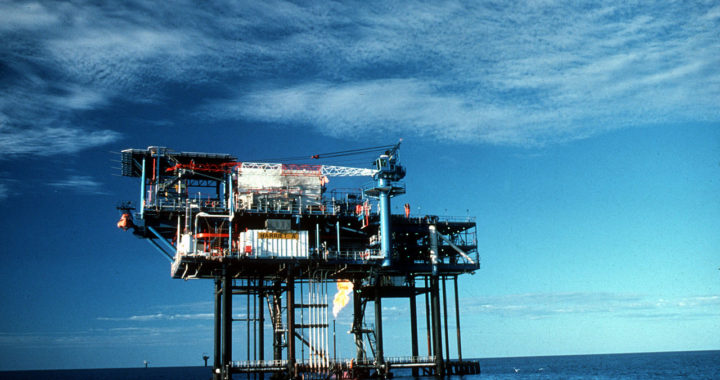Last week, several statewide outlets made a good bit of political hay over the number of fines incurred by the Colorado energy. But what amount of the outrage stoked by these numbers is legitimate, and how much was carefully cultivated so the state’s energy industry can fit the ongoing narrative that oil is bad?
State-Levied Fines and Big, Bad Buzzwords
On Monday, Colorado Public Radio published an article with the following headline: “Regulators Slapped Colorado Oil And Gas Companies With $5 Million In Penalties Last Year.”
Readers will immediately notice that there’s an enormous sum of money sandwiched between two negative-sounding words: “slapped” and “penalty.”
The following day, the Durango Herald’s headline proclaimed, “Colorado regulators fined oil, gas industry more than $5M.”
The Herald’s headline is even scarier because it proclaims that Colorado energy was fined more than $5 million without offering a specific date. Was the fine levied for one infraction? How much more than $5 was the fine?
Without having read any further, the implication of both pieces seems clear. Oil and gas must have been involved in some very nasty stuff to rack up such a massive sum of fines like that. Right?
In Defense of Journalism You Actually Read
Readers who bother to click on either link will find a much different story than the one painted by either headline. For example, the Herald is quick to point out that the sum — $5.2 million — is a 31% decrease from 2017 in spite of the fact that the industry grew 37% in the same time frame.
What’s more, CPR points out that 2018’s largest individual fine, a $1.6 million ding levied against Noble Energy, was brought to the attention of the Colorado Oil and Gas Conservation Commission (COGCC) by Noble Energy itself. Translation: Noble spotted a problem, then endeavored not only to fix it, but own up to their error in the process.
Upon hearing all that, a random bystander might be inclined to believe that Colorado energy was not only complying with state regulations, but the sector was also actively learning from — and attempting to correct — any mistakes being made.
Of course, none of that information was conveyed via the articles’ headline.
Just a Reminder: a Sad Number of People Don’t Read Beyond the Headline
Okay, so both news outlets may have had bordering-on-but-not-quite libelous headlines, but they eventually got to the point. So what’s the harm in that? People who read finally discovered that Colorado’s oil and gas industry has been taking huge strides to create a more environmentally and community-focused industry. The problem is that an alarming number of people don’t actually read beyond the headline.
You’ve heard this before. The most current numbers indicate that 59% of content shared on social media isn’t actually getting clicked. That would suggest that close to 60% of shared content is being read beyond the headline.
Doing Damage in 15 Words or Less
Both outlets may have gotten to the facts of the case in due course. Those stories may have even come across as relatively even-handed to readers. Unfortunately, the body of the article isn’t doing the same amount of legwork as either article’s headline. And both of those headlines proclaim to the world that Colorado energy is either nefarious or negligent, neither one of which is true.

